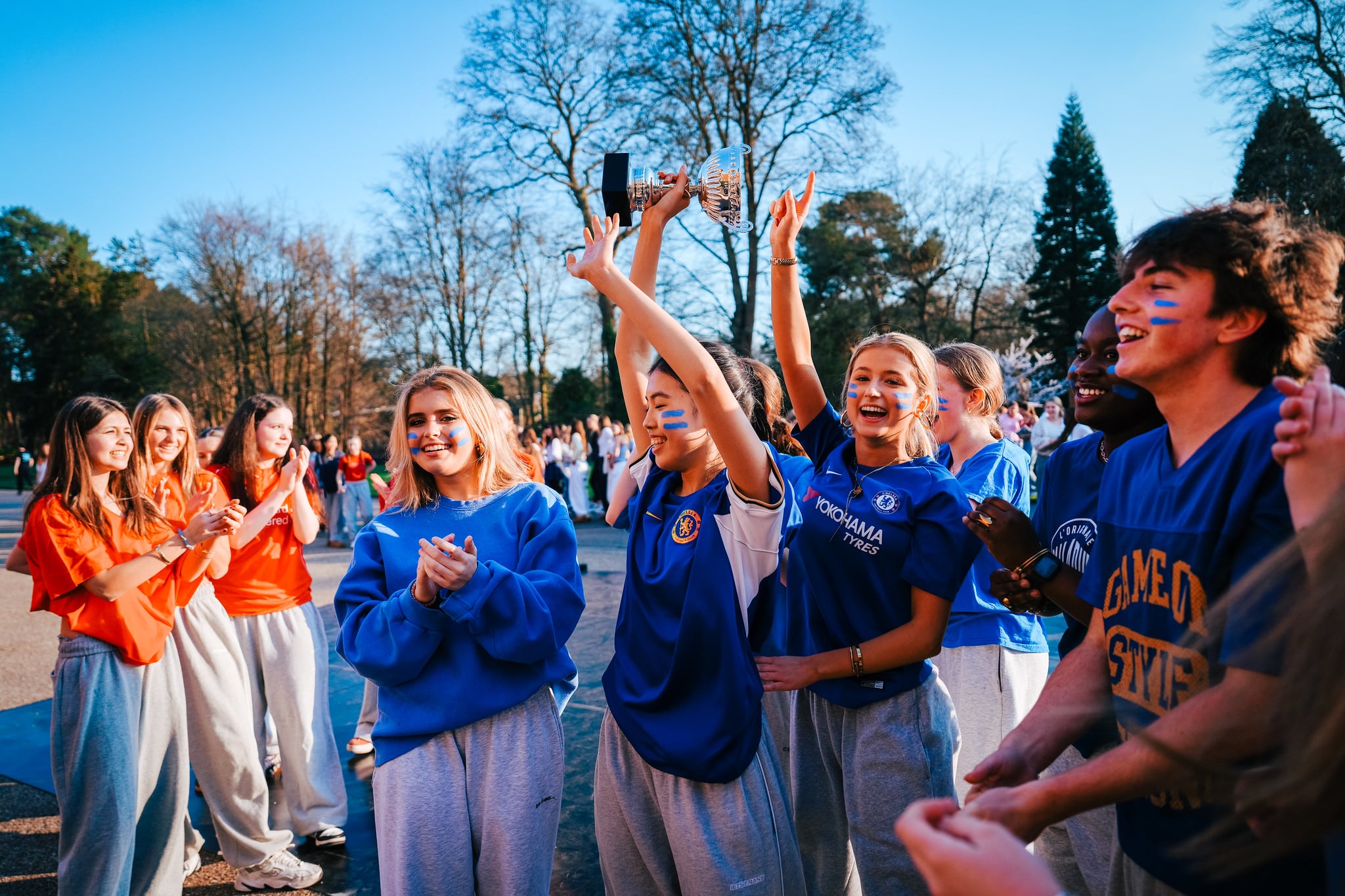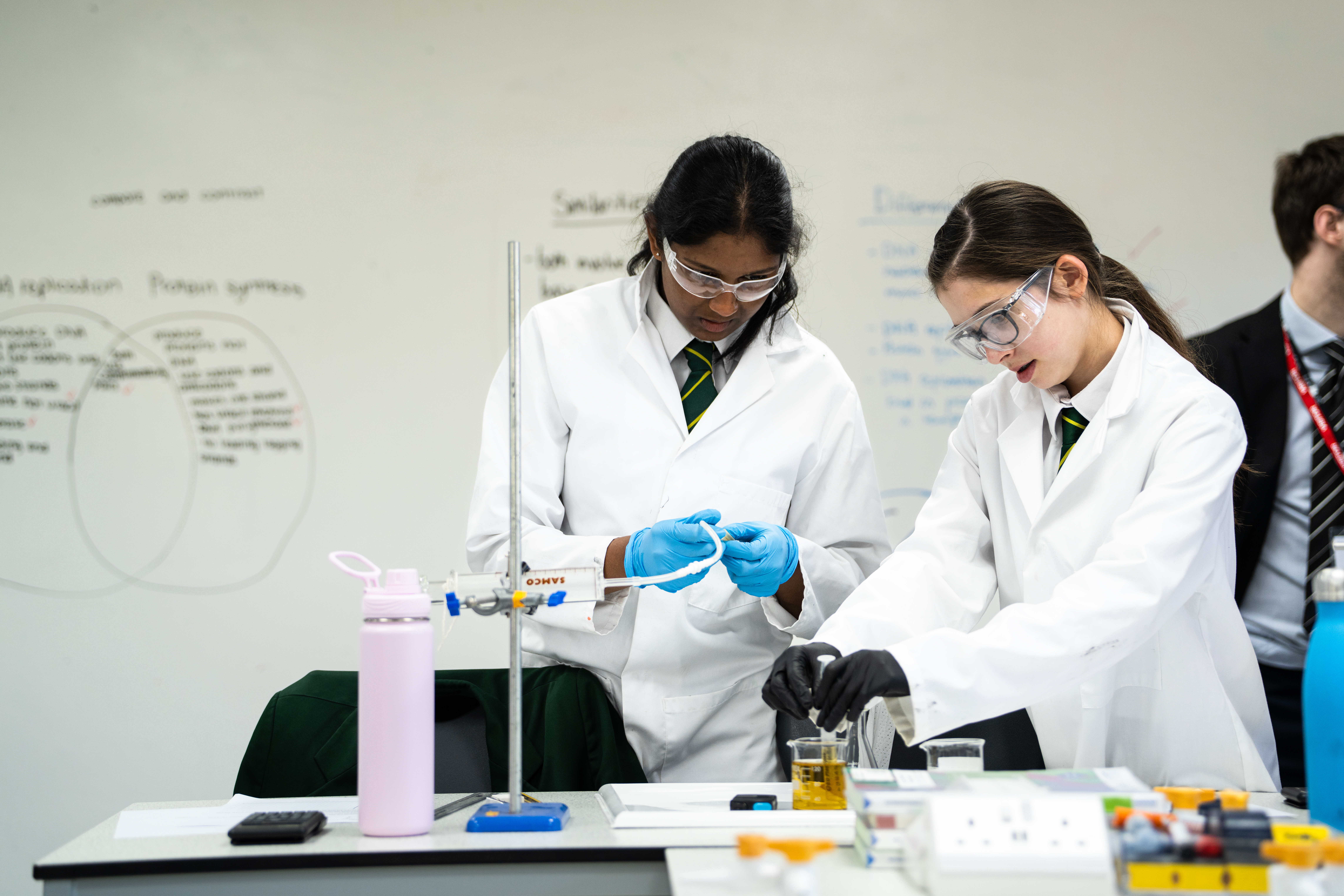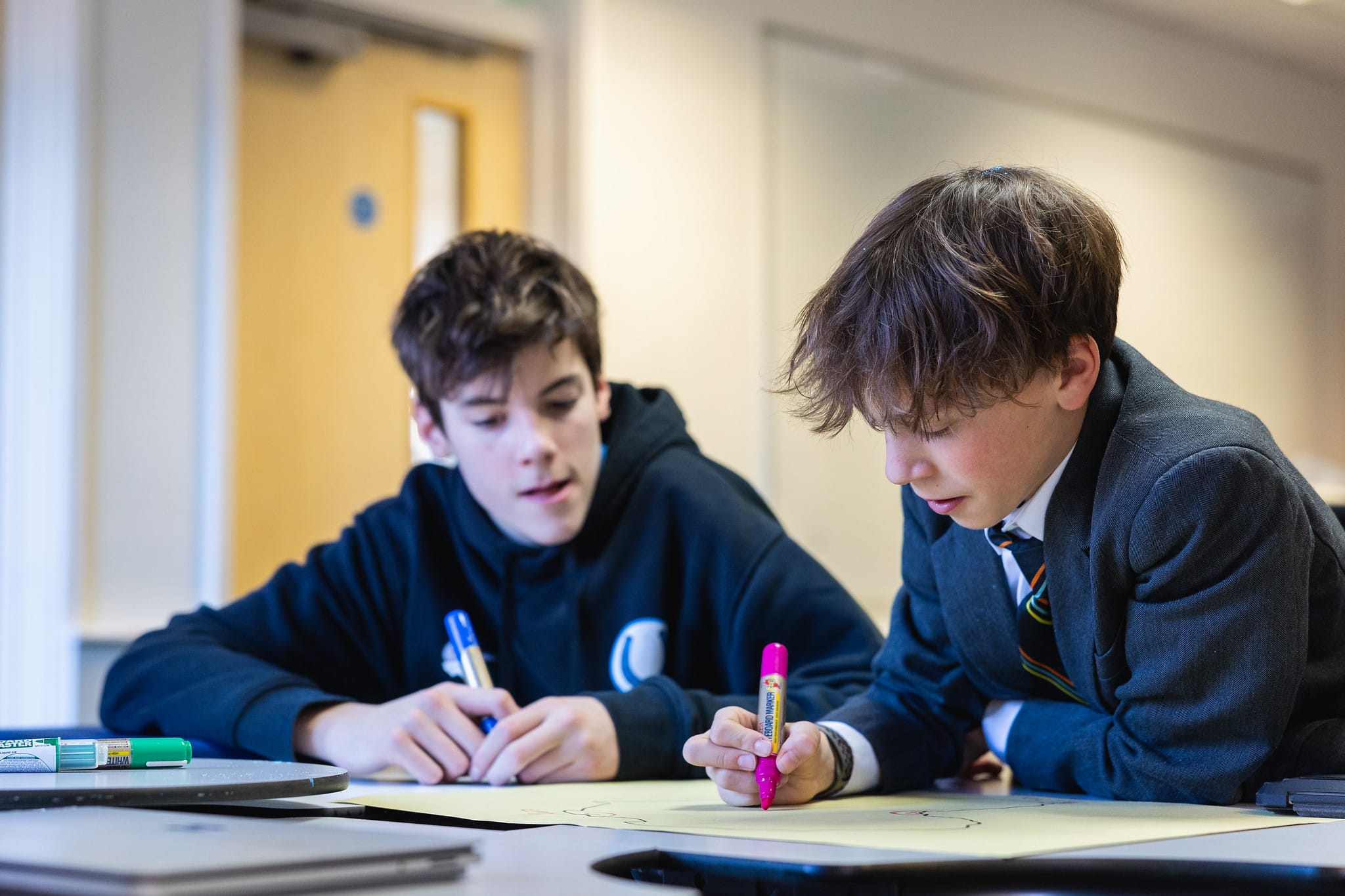
A glance at the records in the College archives will tell you that debating has been a hugely popular activity at various periods in Wellington’s history. The debating books show that, at moments during the nineteenth century, over 100 students were regularly turning up to debate. Inspired by the politics of the day, Wellingtonians have, over the years, grappled with such questions as ‘should women be given the vote?’ and, in 1917, ‘should Russia return to being an autocracy?’ Today, under the leadership of Dr Victoria Gardner, debating is enjoying something of a resurgence. We are a force to be reckoned with or, as Dr Gardner put it, ‘We’ve got a reputation’.
Over the last five years, we have changed the way in which debating is organised and structured. To raise the profile of debating and to build interest from a grass-roots level, all Third Form students, including all academic scholars, are encouraged to try-out for debating. During Lent Term, 12 students will compete in the LSE Juniors competition, something that will provide valuable learning experience. In addition, Dr Gardner has built a formidable team of coaches who work with Wellington’s debaters every week. Isabel Fidderman, heads-up the team, assisted by Will, previously the number one schools speaker and Jamie, a former member of the England team. In short, we have the best debaters in the country, coming at least twice a week, to train our students. It is no wonder that, these days, ‘when people see they’ve got Wellington in a room, they are actually quite dismayed’.
Wellington’s debaters are starting to see some impressive results. Last year, Sparsh J and Ramarni W won the national Mace Competition, run by the English Speaking Union. They battled through eight rounds, beating all the major competition along the way (Westminster, St Paul’s Girls’, Dulwich, Eton) to get to the national final in London. Winning the Mace put Sparsh and Ramarni in a good position for this year’s British Parliamentary competitions, arguably the country’s largest and toughest debating competition. These competitions follow a standard debating format: teams of two, with four teams around the table, and only 15 minutes to prepare each motion. With no access to phones or technology, knowledge has to be considerable. Showing immense ‘grit, determination and resilience’, Sparsh and Ramarni have regularly reached the finals, frequently defeating other elite debating schools.
Sparsh and Ramarni train, on average, eight hours a week for debating, and usually complete another four hours of preparation work. During the competition season this can go up to more than 25 hours. Their efforts are well worth it. Not only are they ‘doing a brilliant job of inspiring our new Fourth Form debaters’ but they are developing skills that will doubtless take them far in life. Debating is a powerful and beneficial skill; its impact can be transformational, both on the individuals who take part and on the community as a whole.
Debating serves multiple purposes. Firstly, there is a very clear link between debating and Oxbridge. ‘Speak to any coach and they will say the same’ explains Dr Gardner. ‘In terms of stretching students, it doesn’t matter how able you are, it’s always going to challenge you. Not only are you learning constantly about things you don’t know about, but it’s the skill of being able to articulate what you know, of thinking on your feet, that is so very powerful’.
Secondly, it is a skill that builds resilience. In a recent British Parliamentary competition, Sparsh and Ramarni had to complete four rounds to get to the final. In the first round they came third out of four teams. ‘In previous years that would have crushed our students,’ said Dr Gardner, ‘and they would have fallen at that point. But Sparsh and Ramarni went to on to get 1,1,1 and a place in the final. They took the criticism and just ran with it. That resilience was critical’.
Debating enables students to advocate for themselves and for others. ‘If we are saying that we want or students to become the leaders of the future, then being able to persuade others is a critical skill. It gives confidence, particularly to students who are quieter. You don’t have to be brilliant at speaking to be a good debater, the most important thing is your ability to think’.
Finally, Dr Gardner believes that debating is about community, about making friends. ‘The team atmosphere is just wonderful at the moment,’ she commented. ‘The way in which the Fourth Form really support the older students – and vice versa – is great to see. It’s about getting to know people across different age groups – it doesn’t matter how old they are, they work together and that level of support is a really lovely thing to see.’
The new set-up is clearly having an impact. During Lent Term, Arthur G and Attie C-M reached the regional finals of the ESU Mace competition – a fantastic achievement! Recently, the the Wellington debaters attended an Imperial College competition: our two teams (consisting of Ella L and Khadeejah H, and Sparsh J and Ramarni W) reached the semi finals, and Ramarni and Sparsh were runners up in the grand final. The team then competed at Oxford’s finals day. Of the 850 international teams who competed and 116 teams on finals day itself, huge congratulations must go to Ella and Khadeejah for achieving a phenomenal 10th place and Ramarni and Sparsh for finishing 4th, with Ramarni also achieving best speaker. An outstanding achievement for all.
The future looks bright for debating at Wellington. Dr Gardner is optimistic: ‘We’re quietly hoping that, with the big competitions, this is just the just beginning. There’s more to come…’









